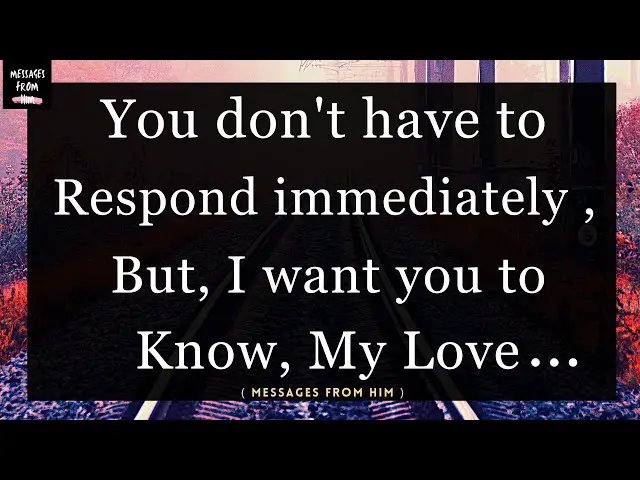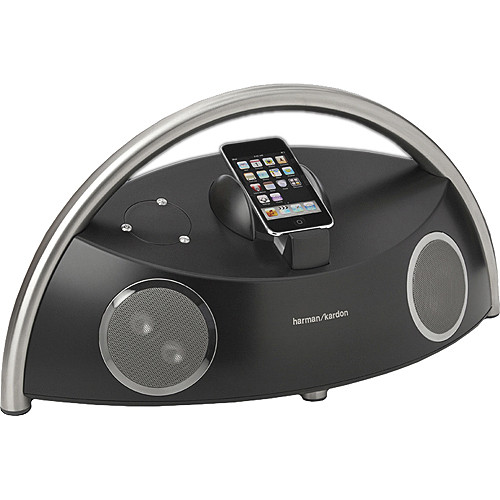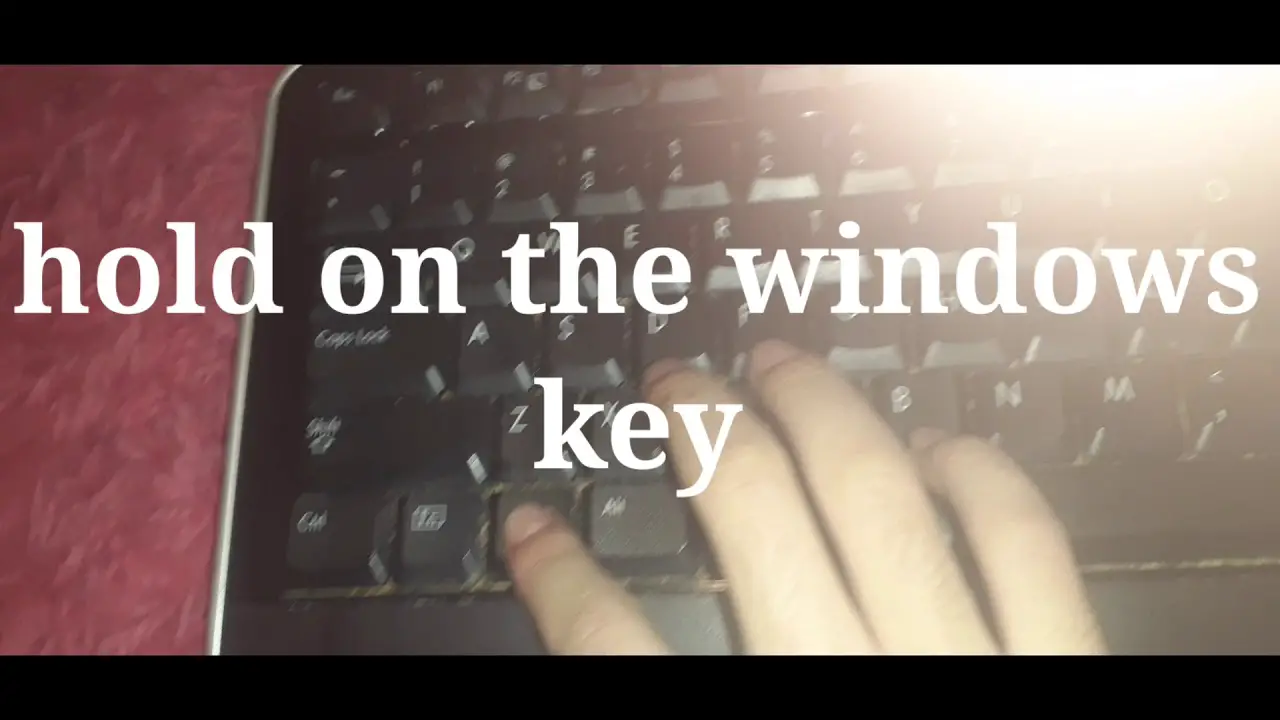When responding to someone saying “I want you,” it’s important to consider your feelings and communicate honestly and respectfully. You can express your thoughts clearly and kindly to maintain a healthy and open interaction.
Understanding your own emotions and addressing the situation with sincerity will lead to a constructive dialogue and prevent misunderstandings. Navigating the “I want you” statement can be complex, as it might imply various intentions or expectations. Whether it’s in a romantic, professional, or social context, responding with empathy and clarity is vital.
This article will explore effective ways to handle such expressions, providing insights on how to communicate assertively and maintain positive relationships. By understanding the nuances of “I want you” and responding thoughtfully, you can effectively navigate these situations with confidence and consideration.

Credit: www.wikihow.com
Table of Contents
ToggleUnderstanding ‘i Want You’ Expressions
The phrase “I want you” can carry a range of meanings depending on the context and the intention behind the expression. Understanding the different interpretations and signals associated with this phrase is essential to responding appropriately.
Clarification Of The Intention Behind The Phrase
When someone says “I want you,” it’s important to clarify the intended meaning. This expression can denote various emotions or desires, such as romantic interest, a need for assistance, or a request for collaboration. It’s crucial to consider the tone, body language, and overall context of the conversation to grasp the true intention behind the statement.
The Context In Which ‘i Want You’ Is Often Used
The context in which “I want you” is used is pivotal to understanding its implications. Whether it’s within a personal relationship, a professional setting, or a casual conversation, the context shapes the interpretation of the expression. Evaluating the surroundings and the relationship dynamics helps in gauging the significance of the statement.
Interpreting Signals Beyond Verbal Communication
Verbal communication is just one aspect of understanding “I want you”. Non-verbal cues, such as eye contact, body language, and facial expressions, offer valuable insights. These signals help in ascertaining the sincerity and depth of the sentiment expressed through the words “I want you” and provide a more holistic understanding of the message.
Natural Responses To ‘i Want You’
Expressing Receptiveness And Positive Affirmation
When someone expresses their desire for you, it’s crucial to respond in a respectful and considerate manner. Expressing receptiveness and positive affirmation can be empowering for both parties. It allows the person to feel seen and valued, even if the feelings may not be mutual. You can use affirming statements to acknowledge their feelings without making promises or commitments. This helps to maintain open communication and build a sense of trust.
Communicating Hesitation Or Uncertainty
It’s normal to feel unsure or hesitant when someone expresses their interest in you. It’s important to be honest while still being considerate of the other person’s feelings. Communicate your hesitation or uncertainty in a gentle and empathetic way. Being transparent about your feelings can help to manage the situation with sensitivity and understanding.
Setting Boundaries When The Feelings Aren’t Mutual
If the feelings aren’t mutual, it’s essential to set clear boundaries while being kind and respectful. Communicate your boundaries in a direct yet compassionate manner. Emphasize the importance of open communication and maintaining mutual respect. This can help to navigate the situation with integrity and kindness, ensuring that both parties feel heard and respected.
Emotions And ‘how To Respond To I Want You’
When someone expresses their desire for you, it can evoke a myriad of emotions within you. Navigating your own emotional response is crucial to handling the situation with care and consideration. Understanding and responding to the emotional weight behind their words is equally important. The impact of timing and setting on emotional responses cannot be overlooked.
Navigating Your Own Emotions In Response
When faced with an admission of desire from someone, it’s natural to experience a range of emotions. It is essential to first acknowledge your feelings before formulating a response. Take a moment to process your emotions, whether it’s flattery, surprise, or uncertainty. Reacting impulsively might lead to miscommunication, so pausing to understand your own emotional landscape is crucial.
Understanding And Responding To The Emotional Weight
Expressing desire holds immense emotional weight. Being on the receiving end means empathetically appreciating their vulnerability. When responding, consider their emotional state and the courage it took to share their feelings. Whether the sentiment is reciprocated or not, acknowledging the significance of their confession is key. A thoughtful and heartfelt response can mitigate potential hurt and maintain respect for their emotions.
The Impact Of Timing And Setting On Emotional Responses
The context in which the confession occurs greatly impacts emotional responses. Whether it’s a public declaration or a private conversation, the setting influences the intensity of emotions felt by both parties. Similarly, the timing of your response is crucial. In some cases, an immediate response may be appropriate, while in others, it might be beneficial to take time for introspection and consideration.
Tailoring Your Reply To The Relationship
When someone says “I want you,” your response may vary based on the nature of your relationship with them. It’s important to consider the context and your feelings towards the person before crafting your reply. Here’s how to tailor your response to three different types of relationships:
Responding To A Romantic Partner
When your romantic partner expresses the desire for you, it’s essential to respond with care and honesty. Here are a few ways to reply:
- Express your feelings: Acknowledge their words and express your own feelings towards them.
- Be honest: Communicate openly about your emotions and whether you share the same sentiment.
- Set boundaries: If you’re not ready or comfortable, communicate your boundaries respectfully.
Replying To Someone You’re Casually Dating
If the declaration comes from someone you’re casually dating, it’s essential to handle it with sensitivity. Consider the following approaches:
- Open communication: Discuss your intentions and where you see the relationship going.
- Be respectful: Acknowledge their feelings while expressing your own perspective on the relationship.
- Set clear expectations: Clarify what you want from the relationship, ensuring both parties are on the same page.
Handling The Phrase From A Friend Or Acquaintance
When the words “I want you” come from a friend or acquaintance, it’s crucial to navigate the situation delicately. Here’s how to approach it:
- Be considerate: Acknowledge their words with kindness and consideration.
- Communicate boundaries: Express your feelings honestly and set boundaries if necessary.
- Preserve the friendship: Emphasize the value of the existing relationship and reaffirm your friendship.
Crafting Sincere Replies
Responding to someone who expresses feelings of attraction towards you can be both flattering and delicate. Crafting sincere replies in such situations requires a thoughtful and considerate approach. It’s essential to find a balance between honesty and kindness when formulating your response. Let’s delve into the diverse aspects of formulating genuine replies to the ‘I want you’ statement.
Honesty As The Best Policy: Balancing Tact And Truth
When responding to someone’s expression of attraction, it’s crucial to maintain honesty while showing empathy. Balancing tact and truth means being respectful in your response while also conveying your true feelings. It’s important to acknowledge their feelings while staying true to your own. Authenticity is key in building trust and understanding in any relationship.
Different Reply Strategies For Varied Scenarios
There isn’t a one-size-fits-all response to “I want you.” Different scenarios call for different approaches. Whether you reciprocate the feelings, want to maintain a platonic relationship, or need more time to consider your feelings, tailoring your response to the specific situation is crucial. Understanding the nuances of each scenario enables you to respond in a way that respects both parties involved.
The Importance Of Tone And Body Language In Responses
It’s not just about what you say; it’s also about how you say it. Tone and body language play a significant role in conveying sincerity and empathy in your response. A gentle tone and open body language can help reassure the other person that their feelings are acknowledged and respected. Non-verbal cues can often speak louder than words, so paying attention to your tone and body language is essential in crafting a genuine response.
The Non-verbal ‘i Want You’ Reply
When it comes to expressing desire, actions and non-verbal cues can often speak louder than words. In the context of romantic or intimate situations, the non-verbal ‘I want you’ reply can be conveyed through various physical cues and gestures. Understanding and responding to these cues can be crucial in navigating the dynamics of attraction and desire in a relationship.
Reflecting Desire Through Actions And Non-verbal Cues
Actions and non-verbal cues play a significant role in conveying attraction and desire. These can include subtle gestures such as smiling, maintaining prolonged eye contact, gentle touch, leaning in, or mirroring body language. The intensity of these actions can communicate the level of interest and attraction felt towards the other person.
The Role Of Eye Contact And Physical Closeness
Eye contact is a powerful tool for expressing desire and interest. It can create a sense of intimacy and connection, conveying a message of attraction without the need for words. Physical closeness, such as standing or sitting closely, can also indicate a desire for proximity and connection.
When Actions Speak Louder Than Words
When actions speak louder than words, it’s important to be attentive and interpret the non-verbal cues accurately. Understanding the context and the individual’s body language can help in gauging their level of interest and reciprocating accordingly.
Preserving Relationships Post-response
Responding to someone confessing “I want you” can lead to delicate situations that require careful navigation to preserve relationships. Once you’ve shared your response, it’s essential to consider the aftermath and how to maintain, strengthen, or adjust the relationship accordingly. The way you handle this stage can greatly impact the future dynamics between you and the other person.
Navigating The Aftermath Of Your Response
After responding to someone’s confession, it’s crucial to approach the aftermath with empathy and open communication. Acknowledge the courage it took for them to express their feelings and provide reassurance that your response was considered and genuine. Be open to discussing the impact of your response and offer your support while maintaining honesty about your own feelings and boundaries.
Maintaining A Relationship If Your Feelings Differ
When your response doesn’t align with the other person’s feelings, it’s essential to approach the situation with kindness and understanding. Emphasize the value you place on the relationship and focus on nurturing the platonic aspects. Clearly communicate your boundaries and establish mutual respect, ensuring that the friendship remains a priority despite the differing romantic feelings.
Strengthening Connections When Feelings Are Reciprocated
If your response reciprocated the feelings expressed, it’s an opportunity to strengthen the connection while proceeding with honesty and respect. Establish open communication about the next steps and the potential impact on the relationship. Setting boundaries and expectations together can solidify the foundation of the relationship moving forward, ensuring that both parties feel heard and valued.
Frequently Asked Questions For How To Respond To I Want You
How Can I Respond To Someone Saying “i Want You”?
When someone says “I want you”, respond honestly about your feelings and intentions. Communicate openly and respectfully to avoid misunderstandings.
What Are Some Polite Ways To Respond To “i Want You”?
Acknowledgment and appreciation of the person’s feelings are important. Respond respectfully and honestly while considering your own feelings.
Is It Okay To Ignore Someone Who Says “i Want You”?
Ignoring someone’s feelings can be hurtful. It’s important to respond with empathy and honesty, even if the feelings are not mutual.
Conclusion
In the end, how you respond to “I want you” is crucial. It’s important to consider your feelings and boundaries. Clear, honest communication is key to navigating these situations. Remember to prioritize your well-being and make choices that feel right for you.
Ultimately, your response should align with your values and comfort level.











